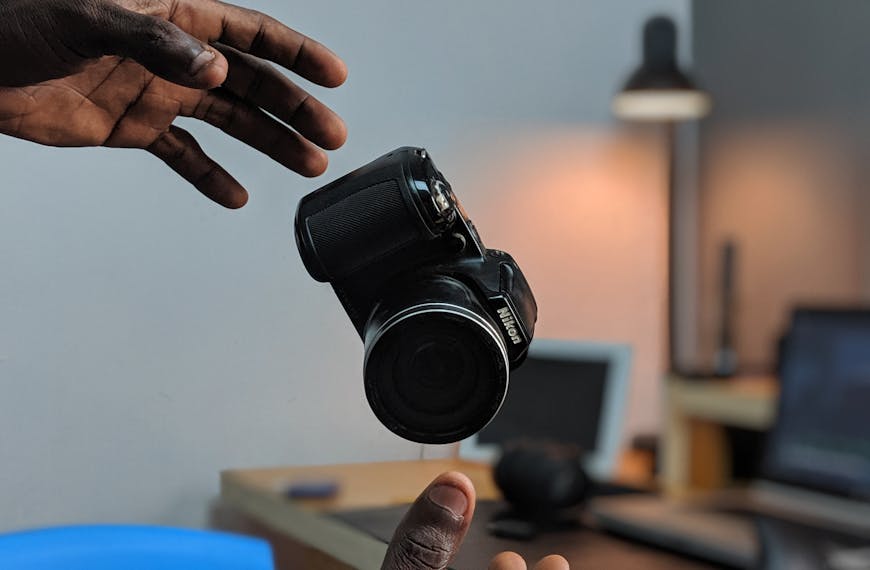Recent dispatches from CanDARE
Posts are regularly added to the Praxis, Learning from Learners and Library sections of the CanDARE site. See all the latest posts here.
Awkwardly Able
Can Workplaces, Classrooms, and Pedagogies Be Disabling?
What is Transformative Digital Accessibility?
Web accessibility’s definition has evolved once, and we need it to evolve again. This post looks at the roots of…
An individual learner may experience digital inaccessibility in learning environments, activities, materials and assessments, all within their learning community.
This is a foundational text from the Disability Justice movement and a must read.
This book is a compendium of contemporary thinking and scholarship on the past, present and future digital practices in post-secondary education relative to learners with…
Is teaching care work? A pathway to social justice? This book isn’t specifically about either education or digital accessibility but it is a raw, evocative…
This easy-to-digest podcast outlines things educators need to consider when thinking about what makes a learning environment or a pedagogical approach accessible in post-secondary.
This article is included here with my “points of contention” annotations to illustrate how the UDL framework and much UDL literature ignores digital accessibility and…
This paper offers some examples of “why” and “how” educators could make digital accessibility improvements to their courses. By attempting to map WCAG 2.0, and…
This article would be useful to educators beginning to grapple with the legacy of ablism within their courses and institutions. This critical piece of writing…
Jung is adept at pointing out how academic accommodations fall short of delivering equitable learning experiences. This is one of the very few academic papers…









